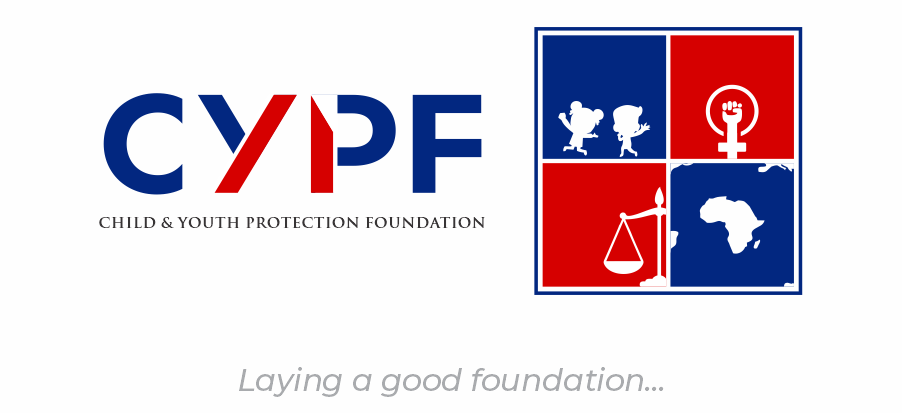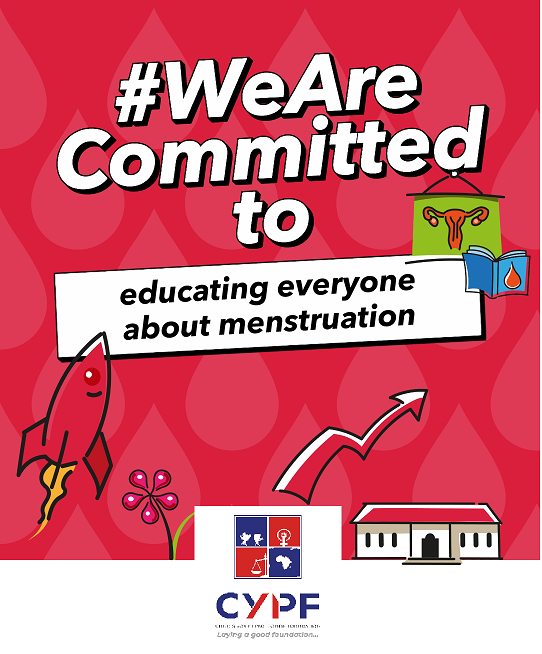In the heart of Borno State, within the folds of a humble village, dwelt a young maiden named Amina Idris. At the tender age of 14, Amina’s days were a blend of simplicity and hardship, her dreams tethered by tradition and financial constraints.
Born into a family where opportunities were scarce, Amina, the lone daughter of Musa and Fatima Idris, knew the weight of societal expectations. In their home, education was reserved for sons, leaving Amina to navigate life’s path without the guiding light of formal schooling.
One day, as the sun kissed the horizon, Amina’s mother, Fatima, approached her husband with a plea. Struggling to make ends meet, she sought permission to send Amina to hawk groundnuts in the streets, a desperate attempt to alleviate their financial burden. Yet, Musa, steeped in tradition, denied her request, decreeing that Amina remain confined within the safety of their home. With Musa’s absence during the day, Fatima seized an opportunity to send Amina to the streets, hoping to earn a few coins unnoticed.
For three months, Amina braved the bustling streets, her innocence shielding her from the harsh realities that lurked in the shadows. But fate, with its cruel twists, had a different plan for Amina.
One day, as dusk descended upon the village, Amina found herself ensnared by a group of men whose intentions were as dark as the night itself. Despite her discomfort, Amina’s pleas fell on deaf ears as she became a victim of unspeakable cruelty. Bruised and broken, Amina returned home, her pain hidden beneath a veil of silence. In a household devoid of trust and understanding, she bore the weight of her trauma alone, her innocence tarnished by the horrors she could not bring herself to share.
Months passed, and the consequences of that fateful day manifested in ways that would alter Amina’s life forever. Illness ravaged her body, its relentless grip tightening with each passing day. In a desperate bid for answers, Fatima took her daughter to the local hospital, where the truth was revealed.
Amina was pregnant, her young body ill-equipped for the burdens of motherhood. And as if that weren’t enough, she also suffered from vesicovaginal fistula (VVF), a debilitating condition that left her in constant pain and isolation.
And when the truth could no longer be concealed, Amina’s world shattered as she faced the reality of her condition. As whispers of Amina’s plight echoed through the village, she retreated into herself, haunted by the stigma that branded her a victim.
Yet, amidst the darkness, a glimmer of hope emerged—a call to action to prevent such tragedies from befalling others like her. Amina joined the CYPF adolescent girls movement participated actively to:
Encourage open dialogue within families, thereby fostering trust and understanding.
Extend support to rural communities, providing access to education and essential services.
Invest in the future by empowering every child to reach their full potential.
For Amina, although her life’s journey has been marked by the scars of a childhood stolen, but with the help of the CYPF team, she had her hope of a brighter tomorrow restored, joining the movement to create and sustain a world where every child is valued, and every dream is within reach.
NASIRU RABIYATU AHMED
CYPF Girls’ Movement




Very touching story, Great piece. Thanks for sharing